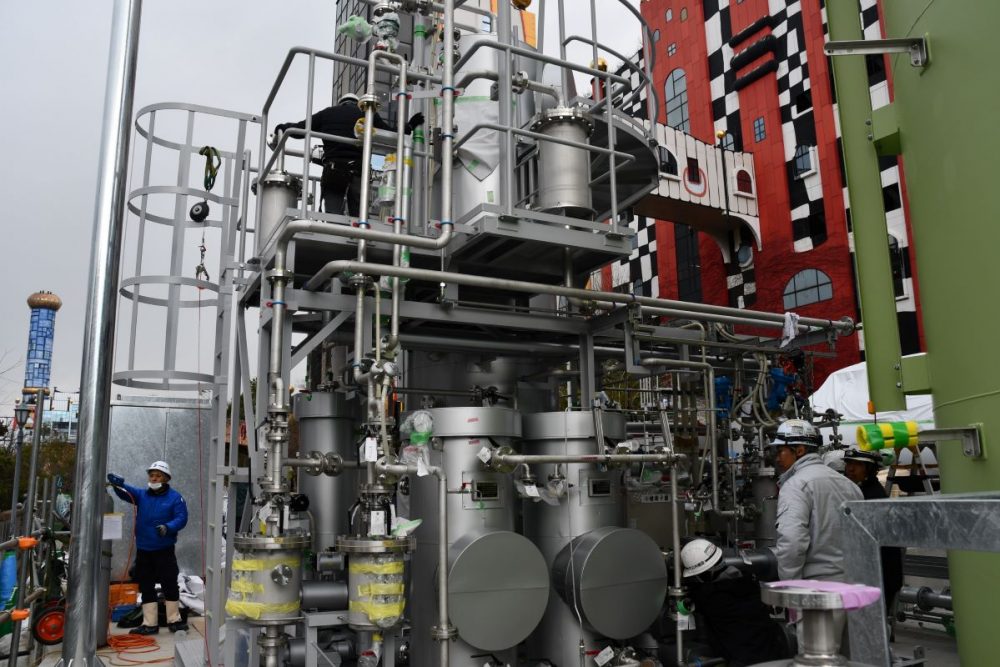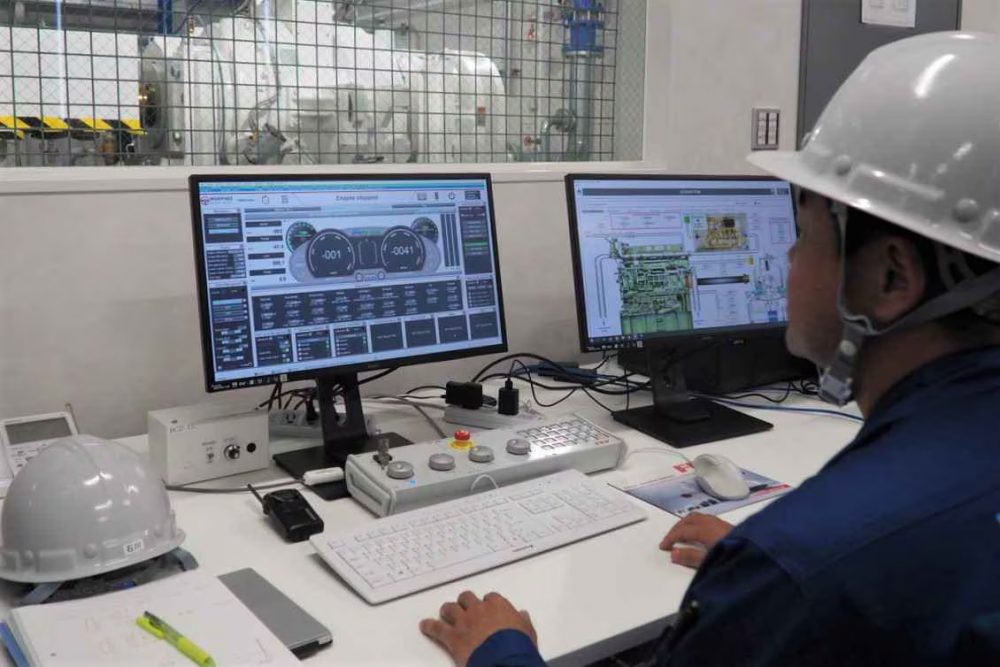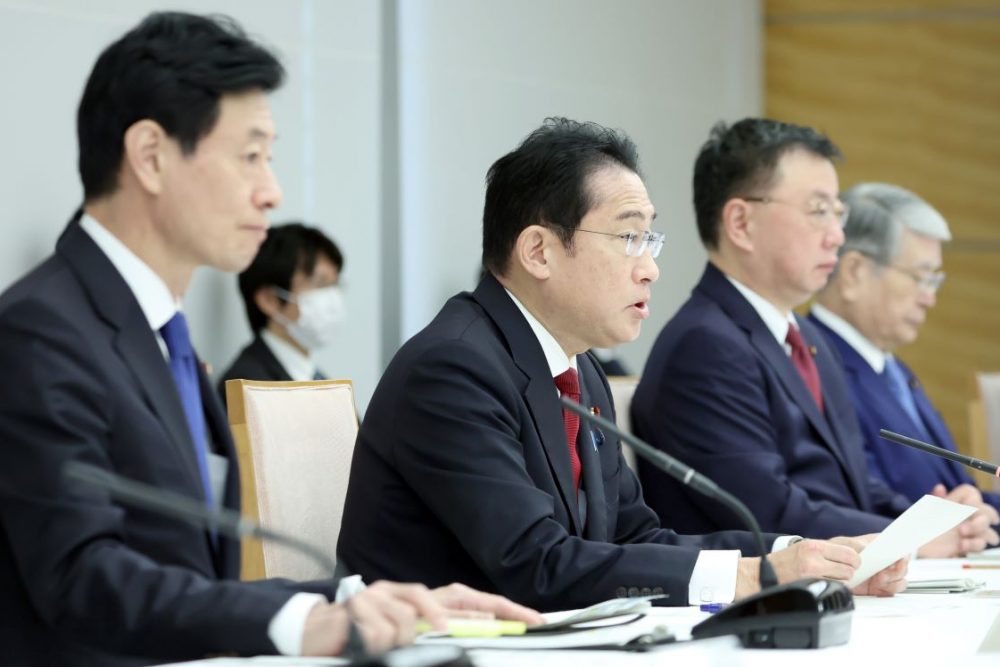COP30 Should Focus on Adaptation Measures, Realistic Targets
The planet needs a practical response to relieve human suffering and economic losses from global warming and some COP30 countries don't share the 2035 reduction targets.
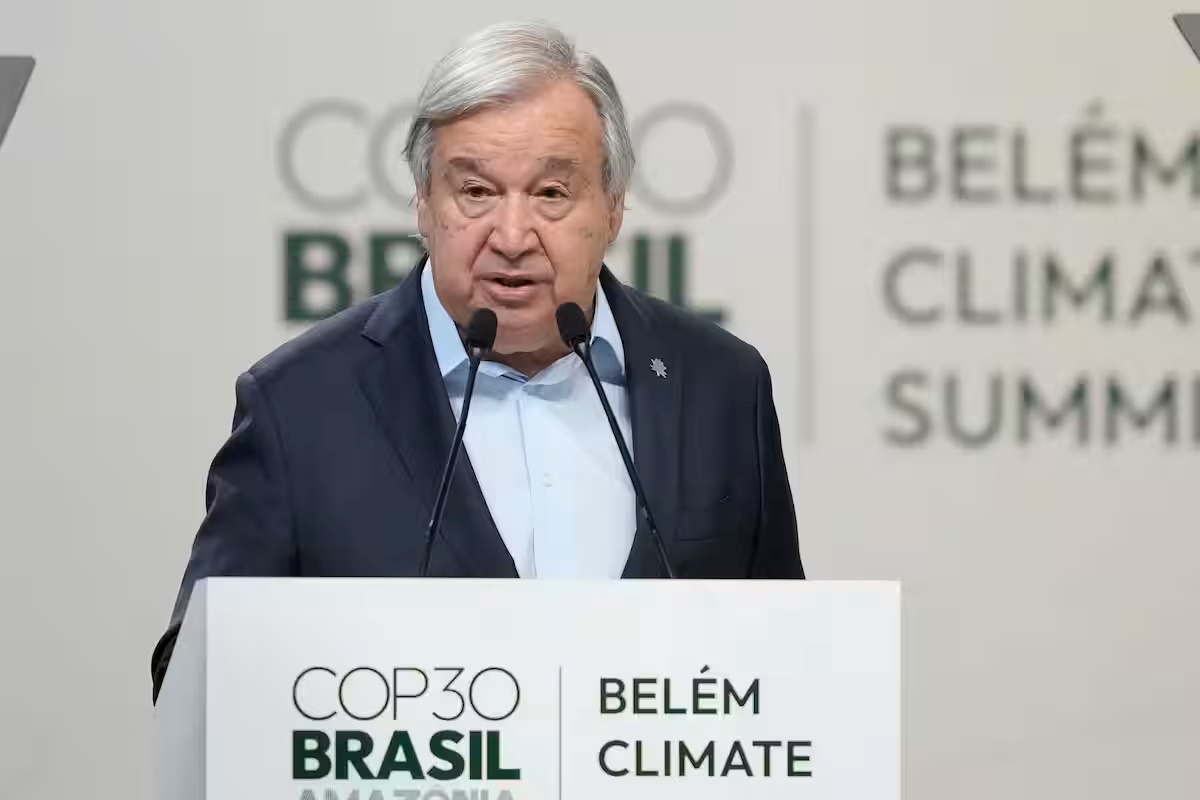
このページを 日本語 で読む
The 30th Conference of the Parties to the United Nations Framework Convention on Climate Change (COP30), a global meeting for discussion of measures to prevent global warming, is taking place in Belem, Brazil, from November 10 to 21.
This 2025 meeting marks a major milestone in the history of the COP. It has been 30 years since COP1 in Berlin, Germany, 20 years since the Kyoto Protocol came into force, and 10 years since the current Paris Agreement was adopted.
During this time, efforts have been made to reduce greenhouse gas emissions (GHG), particularly in the form of carbon dioxide. Nevertheless, the pace of temperature rise on our planet shows no signs of slowing.
Negative developments have included the announcement by the United States that it was withdrawing from the Paris Agreement. Considering its limited effectiveness, isn't it time to reexamine the nature of COP as it currently exists?
Temperature Increase Exceeds Target
The Paris Agreement aims to limit the temperature rise to 1.5 degrees Celsius above pre-industrial levels. However, 2024's global average temperature exceeded that benchmark.
The UN-led global warming strategy consists of "mitigation measures" and "adaptation measures." Mitigation refers to efforts to reduce GHG emissions. Meanwhile, adaptation refers to flood control programs and other measures to prevent or mitigate damage from meteorological disasters. They are aimed at problems caused by rising temperatures, such as heavy rains and drought.
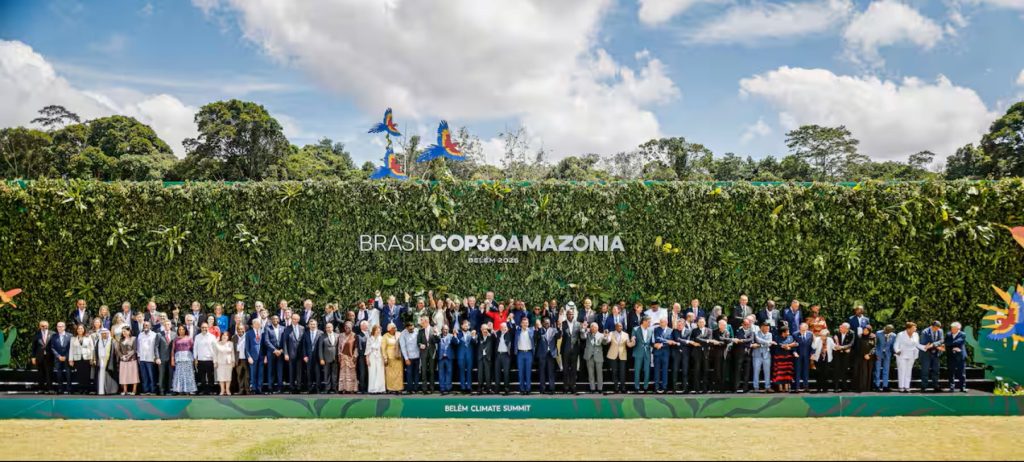
The UN itself has emphasized mitigation measures. However, the Paris Agreement calls for developed and developing countries to step up their efforts to reduce GHG emissions. Each country and region is required to update its reduction targets, called nationally determined contributions (NDC), every five years. Currently, the COP is calling for the submission of targets for 2035.
These assessments are supposed to be the main topic of discussion at COP30. But the international community is not on the same page.
China's Increasing Emissions
When President Donald Trump returned to the White House in January, he immediately announced that the US would once again withdraw from the Paris Agreement. It had done the same during his first administration.
Meanwhile, Japan submitted NDC targets for FY2035 to the UN in February, calling for a 60% reduction compared to FY2013. Considering that its FY2018 target called for a reduction of 46%, this is a significant increase.
China is the world's largest emitter of greenhouse gases, but it has set a 2030 target it characterizes as "peaking emissions." It did not even specify any numerical value. Moreover, in September, China announced its 2035 NDC, merely calling for a "7% to 10% reduction from the peak." In other words, far from reductions, China's emissions will continue to increase over the next five years.
What Happens in US Absence
Formally, the US withdrawal becomes effective a year from now, in 2026. However, the absence of US officials from COP30 will have a significant impact. Taking advantage of that vacuum, China is preaching "climate justice," blaming developed countries for global warming.
Beijing has also been busily doling out financial support and technical cooperation to developing countries. Those countries should not fall for China's expansive claims when it has not even submitted a credible NDC.
Meanwhile, Trump has dismissed the issue of global warming as a hoax. At the United Nations, he labeled it "the greatest con job ever perpetrated on the world." It is outrageous, yet there may be a grain of truth in this inflammatory statement.

Some researchers have questioned the conventional wisdom that rising atmospheric carbon dioxide concentrations are directly causing rising temperatures. If global warming is mainly caused by natural fluctuations in the Earth's climate system, then how far can reducing GHG emissions go to turn that around?
As COP30 gets underway, there is a noteworthy movement to focus on "adaptation measures." Traditionally, these have been seen as playing a supporting role. This is a practical response that should lead to the reduction of much human suffering and economic losses.
The UN also needs to focus on diversifying scientific research into the causes of climate change. For example, the influence of the solar magnetic field cannot be ignored. There should not be penalties for research into possible causes other than the GHG causation theory, including funding or publication.
End Fundraising that Doesn't Help the Planet
Brazil is the COP30's host country. It is home to the Amazon, the largest tropical rainforest on earth, a huge area that boasts great biodiversity.
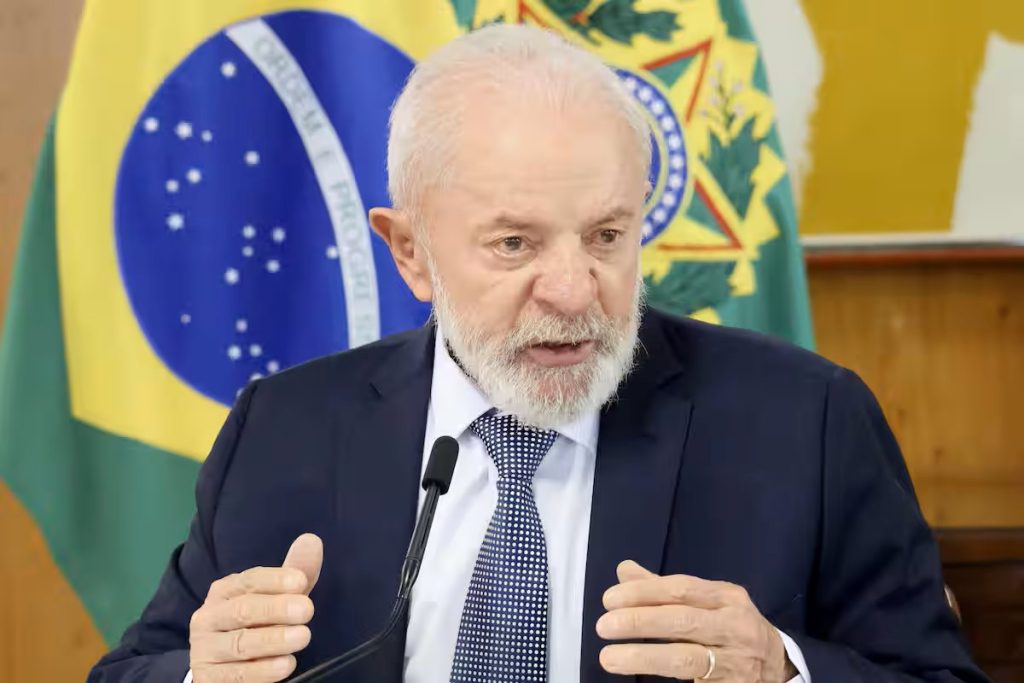
The Amazon is often referred to as the "lungs of the Earth." But it is seriously threatened by the loss of forests due to rampant illegal logging for agricultural development. Hopefully, the Brazilian government will use the COP as a springboard to strengthen conservation in the Amazon.
COP30 will also discuss climate change funding provided by developed countries to developing countries. At its previous meeting, COP29 tripled the annual target amount, increasing it from $100 billion USD (approximately 15 trillion JPY) to $300 billion.
This time, the working group's target is another huge increase, to $1.3 trillion per year by 2035. In other words, COP meetings have become fundraising opportunities for developing countries. This is far from the ideal approach to protecting the planet.
Transition to Nuclear Energy
Utilizing nuclear power as its main source of decarbonized energy is essential if Japan is to achieve its FY2035 NDC. The Takaichi administration needs to create a political environment conducive to restarting dormant nuclear power plants, including Tokyo Electric Power Company's Kashiwazaki-Kariwa Nuclear Power Plant.
Furthermore, the expansion of stable power sources is urgently needed if we are to promote the societal implementation of artificial intelligence and revive Japan's semiconductor industry.
RELATED:
- Consider the Paris Agreement Questions Raised by Trump's Exit
- No Energy Security for Japan Without Optimizing Nuclear Source
- End the COP Scam: Make China, India Full Participants in Paying for UN Climate Fund
(Read the editorial in Japanese.)
Author: Editorial Board, The Sankei Shimbun
このページを 日本語 で読む






